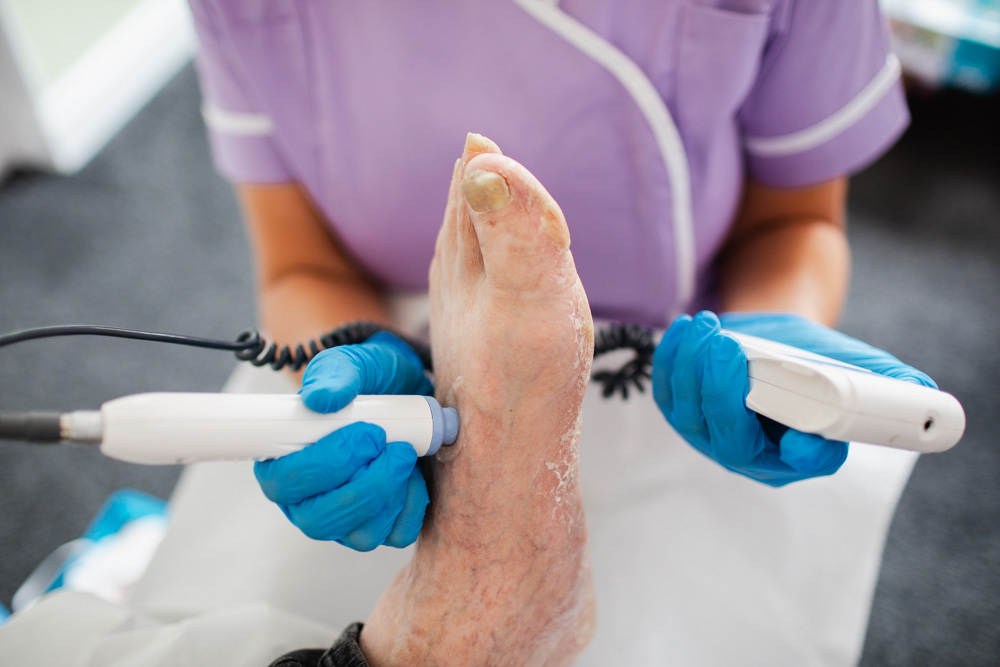
1 simple foot test that could change your life today
Yes, really! Our feet have pulses in them that are checked when I first visit you at home. There is good reason to do so, as this can give us an indication of what else may be going on undetected in the rest of your body. I always say are not a separate ‘thing’! Everything in your body works as one and your optimum health should be a priority. Various health problems can put you at higher risk of complications with circulation, particularly those who are diabetic, people with heart issues and kidney problems amongst others.
1 in 5 people over age 60 have something called peripheral arterial disease (PAD) and 2/3rds of people are asymptomatic with it. Sometimes it can present as pain to our calf muscles in the legs, pain in the buttocks and in the foot. Even if you don’t have these symptoms, if it is present, it puts you at a serious risk of cardiovascular disease. Early detection and treatment lowers your risk of having a serious cardiac event such as heart attack and stroke.
I'm so keen on being able to offer this service to my patients, because I feel that as podiatrists, we are well placed to detect other health issues going on and we have the time to discuss properly in treatment sessions. We are good detectives! It also helps us to promote our profession that we are not just ‘feet’ people, we are holistic professionals who want to promote optimal health results.
Over the years, and especially when working in the NHS with high risk patients at risk of amputation, I have seen first hand what can happen if there is a problem with pulses.
So, how do we check your circulation? I use something called a Doppler which is an ultrasound device. It is a small hand held device with a probe which is placed on the foot in 2 areas so I can listen to the flow of the circulation through the arteries.
What I am listening for is:
- How many beats the sound makes
- The quality of the sounds
- If there is any irregularity
Also I will ask if you are experiencing any cramp when walking to your legs/ buttocks etc., and if so, how this corresponds with the findings.
If an irregular pulse in the foot is found, this can be an indicator of atrial fibrillation and arrhythmia. This warrants further investigation, and a referral is made with your consent to the GP to consider doing an ECG.
If the pulses are not sounding as they should in terms of the ‘beats’, and if pain is present or not, then a letter will be sent to your GP with consent. They may need to consider further vascular investigation such as an Ankle Brachial Pressure Index (ABPI) or toe pressures. Also they may consider prescribing medication to control blood pressure, antiplatelets to thin the blood and statins to reduce cholesterol. Vascular issues can be prevented with modification to lifestyle, and so exercise programs may be available through the NHS.
Even with children, I have detected erratic pulses in which they have had to be referred to cardiology as a result. Heart rhythm is something that isn’t routinely checked, hence a good reason to visit a podiatrist, you never know what we may find!
So if your friend, relative or loved one complains about leg, foot, buttock pain, its always worth booking in with myself to check the circulation out.


